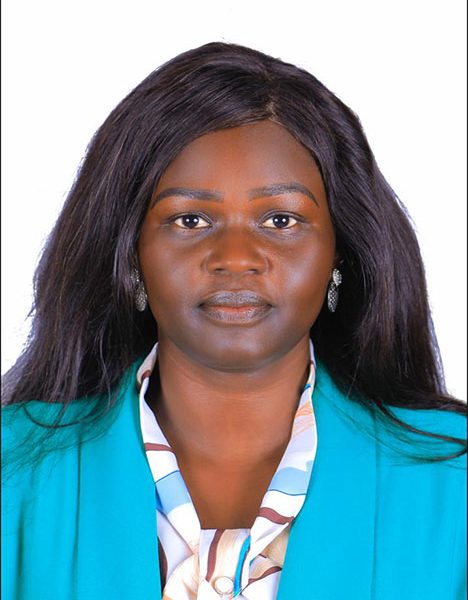By Anna Akuch Maker
In a world where the saying “Blood is thicker than water” once symbolized unbreakable family ties, the fabric of these bonds underwent a remarkable transformational decay. The belief that family stands as an unwavering pillar of support: irrespective of wealth or status, is being challenged by the pervasive influences of greed, jealousy, and resentment among members, in our societies today.
Many of us were convinced that family is our foremost priority from a young age. However, a disconcerting shift is unfolding, particularly evident in the rising familial rivalry, bitterness, and enmity. The landscape of family dynamics is changing, and the reasons behind these evolutions are deeply rooted in complex human emotions and societal changes.
Just like in other parts of the world, in South Sudan, for example, the sanctity of family ties is unraveling as relatives are now perceived as rivals. In a paradoxical twist, family members harbor competitive sentiments and even wish ill upon their kin instead of uplifting one another.
A stark illustration of these transformations is seen in business arenas; where the hopes of entrepreneurs who toil so hard for their families get metallic doors bang on their faces or awarded broken promises and empty contracts. What was once a promise of collaboration frequently culminating into outsourcing opportunities to foreign entities and these are not people far away from their families. These actions are often cloaked in deceptive justifications that obscure the underlying emotions of jealousy and the fear of a family member’s success.
The pervasive rivalry within families is not confined to the business sphere alone; it meanders to other aspects of life. Instances of preferential treatment and bias in terms of employment decisions are rampant. The specter of a family member’s accomplishments overshadowing their own children’s prospects often drives individuals to avoid aiding their relatives’ professional growth.
Ironically, amid the chorus of voices decrying government corruption, those voices often participate in corrupt practices to themselves. Corruption has metastasized across society, infiltrating institutions and distorting the fair allocation of resources.
Even the moral compass provided by religious institutions sometimes wavers more. The dissonance between preaching love and forgiveness and failing to embody these values casts doubt on institutions that should epitomize ethical standards.
However, amid these disheartening narratives, there is a glimmer of hope. Communities that rally behind their members and nurture collaborations showcase the potential for growth and empowerment. This juxtaposition between regions fostering familial support as a catalyst for development and those engulfed in bitterness emphasizes the transformative power of unity.
In the larger context, the erosion of family unity serves as a reflection of broader societal challenges. The shift from communal harmony to individualism, influenced by economic and social changes, has played a pivotal role in this transformation. Amidst these changes, the essence of the family remains a potent force that can shape an individual’s trajectory.
Despite the adversity that characterizes certain family dynamics, the human spirit’s resilience remains unwavering. Individuals, who have confronted life’s adversities, including those who grew up in refugee camps, have the strength to rise above jealousy and resentment. Their stories underscore the capacity of human determination to transcend negativity and strive for progress.
The changing landscape of family relationships prompts reevaluating the principles we hold dear. While the cherished saying “Blood is thicker than water” may face challenges, the essence of unity and perseverance persists. As we navigate these complexities, let us remember that personal growth and success are attainable, irrespective of our adversities.
In a world where family ties are evolving, pursuing one’s dreams remains timeless. So, what are you doing within your powers to mitigate this plague?
The Author can be reached at: annmaker91@gmail.com




